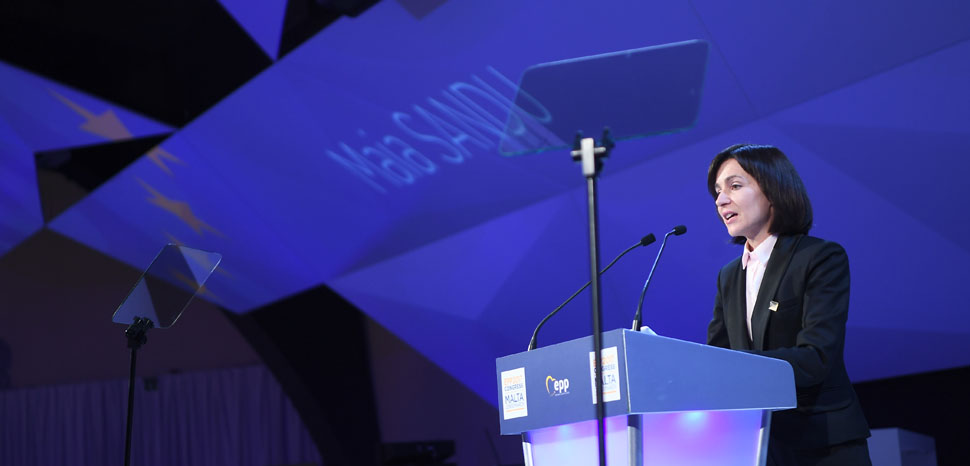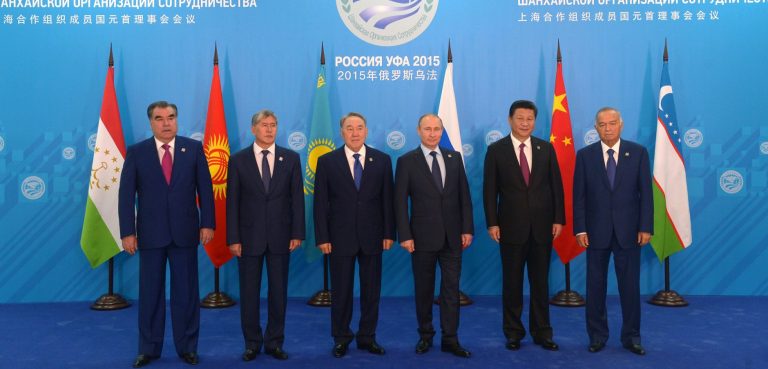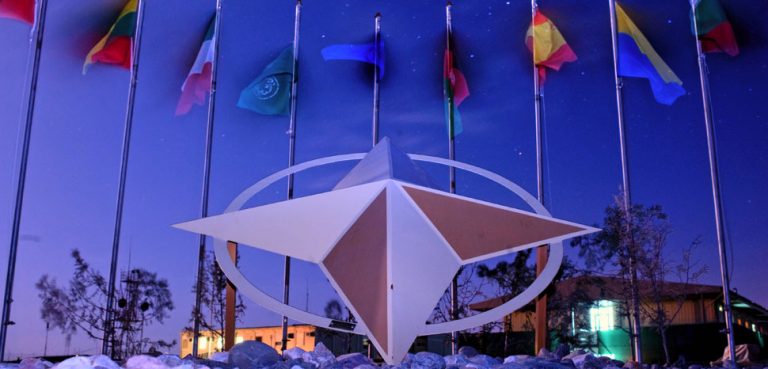With Moldovans preparing to vote in presidential elections on November 1, the US and the European Union must be alert to possible ballot fraud and be prepared to impose sanctions on offenders as a first step to a more robust approach towards politicians and officials deemed to be obstructing long overdue reforms designed to combat corruption and improve governance.
Almost thirty years after independence, the former Soviet state continues to suffer from high levels of corruption and other administrative abuses, despite successive governments pledging to enact reforms required of the country by the EU as part of bloc’s six-year-old association agreement with Chisinau, which many in Moldova see as a pathway towards eventual EU membership.
A European parliamentary study published in May points out that while Moldova is making progress with some reforms, issues that still need to be addressed include “the deterioration of the rule of law and democratic standards, the lack of independence of the judiciary, the excessive politicisation of state institutions [and] systemic corruption.”
So far, the West has repeatedly urged and sought to persuade the Moldovan leadership to make good on pledges to reform the country, to little effect. With no threat of sanctions, officials and politicians have mostly dragged their heels on requested changes, in large part due to the powerful influence of the country’s oligarchs whose interests are not served by more transparent, accountable government.
To a great extent, both Washington and Brussels have been reluctant to exert more pressure on the current regime in Chisinau because they perceive it to be a fragile country, split down the middle between supporters of further integration into the EU and those preferring a closer relationship with Russia. Moldovan politics reflects this divide, with many of the leaders of the pro-Europe and pro-Russia factions repeatedly warning voters and clashing with each other over the country’s geopolitical orientation.
While this societal division is genuine, it has been deliberately reinforced by politicians of both the main political blocs, who have exaggerated the dangers posed by Moldova moving in one direction or the other, often as a smokescreen for, or distraction from, their own governance failings. While some in the West understand the game being played by these politicians, they rightly recognise the risks of pushing Moldova too hard, given its vulnerable geographic location astride a fault line between East and West.
Russian forces have long occupied Transnistria, a strip of Moldovan land, and Moscow very much regards Moldova as lying within its sphere of influence. Indeed, there have been reports that it has been actively involved in supporting incumbent president Igor Dodon’s bid for re-election in the upcoming poll.
The trouble with the West sitting on the sidelines and occasionally calling out Moldovan backsliding on reform and tolerance of corruption is that the country risks becoming a failed state, where oligarchs wield ever more power and expand their corrupt business empires across the country and beyond its borders. There is evidence that this is already happening. Moldovans have been implicated in a series of transnational frauds, and the tiny republic is in danger of becoming an incubator of international organised crime.
It also leaves Moldova vulnerable to internal unrest. Voters are sickened by the venality and incompetence of much of its ruling political class and there are real concerns that if there are significant suspicions of foul play in the upcoming election we could witness the same kind of trouble that followed August’s presidential elections in Belarus and, more recently, Kyrgyzstan’s parliamentary ballot, both widely seen as having been rigged.
In the run-up to the poll, the US and the EU should warn against irregularities and raise the prospect of sanctioning those deemed to be responsible. They eventually got round to imposing penalties on Minsk officials, nearly two months after Belarus’ disputed election. And their tardiness and apparent reluctance to act will have been noted, no doubt, by those in Moldova minded to interfere in their presidential ballot.
Pressure exerted now would hopefully lessen the risk of electoral fraud. But the US and the EU must then keep up that pressure on both the victor and the government to enact sweeping reforms and be prepared to sanction those seen as blocking progress.
The best outcome for the West would be a win for pro-EU contender Maia Sandu, a true reformer with unquestionable integrity, unlike many politicians orientated to the West whose Russia scaremongering has always been merely a ploy to remain in power. Yet even reforms initiated last year by Sandu, as the head of an uneasy governing coalition with the pro-Russian Socialists, were reversed due to political inexperience and resistance from vested interests. The administration eventually collapsed after a no-confidence vote prompted by opposition to a key reform.
The imposition of sanctions on corrupt Moldovan politicians and officials may not be the solution to Moldova’s ills, but it could certainly play a part in expediting change. For too long, there has been a failure to hold to account corrupt members of the country’s political class and end a culture of impunity. Real external pressure may force politicians and officials to finally act against fraud and advance the reform process. The country simply cannot afford any further delays.
The views expressed in this article are those of the authors alone and do not necessarily reflect those of Geopoliticalmonitor.com or any institutions with which the authors are associated.
Nicolae Reutoi is a senior associate at Alaco, a London-based business intelligence consultancy.




